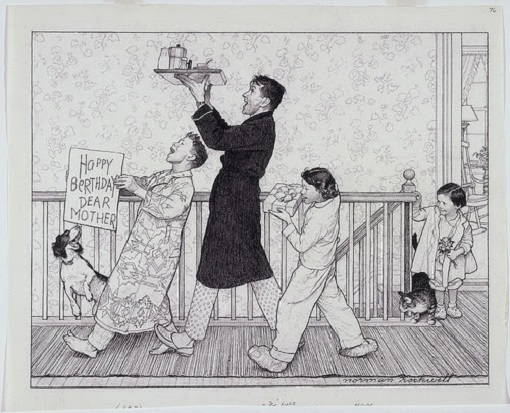
MassMutual eliminating traditional job titles
From The New England Council (newenglandcouncil.com)
Springfield-based MassMutual, the insurance and other financial services company, has eliminated traditional job titles from their staff as part of a strategy aimed at creating a more agile and innovative environment for its employees. This approach comes from the idea that what you do is more meaningful than what you are called.
MassMutual began implementing these changes two years ago, starting with the executive titles at the assistant vice president level and above. As new hires were made, titles such as ‘head of’ or ‘lead’ were used instead of traditional descriptors. Rather than create more confusion, employees say that the new titles provide greater clarity around each employee’s role. Early employee feedback on the transition has been positive.
MassMutual’s head of Human Resources and Employee Experience, Susan Cicco, explained, “For us, it’s also about finding, attracting and retaining top talent that is intellectually curious and wants to work in a collaborative environment where they can continue to learn, gain experience, be empowered and valued for what they contribute.”
Norman Rockwell's world and ours
 "Mother's Birthday'' (conte crayon drawing), by NORMAN ROCKWELL, at the Springfield (Mass.) Museum, through Jan. 4, 2015 in the show "Norman Rockwell's World: Reinterpreting the American Tradition in the 21st Century''. (Picture is a gift of MassMutual.)
"Mother's Birthday'' (conte crayon drawing), by NORMAN ROCKWELL, at the Springfield (Mass.) Museum, through Jan. 4, 2015 in the show "Norman Rockwell's World: Reinterpreting the American Tradition in the 21st Century''. (Picture is a gift of MassMutual.)
This image was one of 21 drawings that MassMutual (the Springfield-based insurance company) hired Rockwell to do in the '50s and '60s that celebrated such traditional "American themes as hard work that appealed to corporate America,'' says the Springfield Museum blurb for the show. (Note that the father needs a shave!)
"So with today's fluid definitions of family, love and success and our fast-paced self-motivation, how do we make the work of Rockwell and the themes he so passionately believed in relevant to the world as we know it? That's what makes this exhibition so enlightening: comparing and contrasting the important themes of today with the depictions of family, work and leisure given to us by Rockwell himself.''
Ads these days tend to be much edgier and hipper than back then. But Rockwell, despite his rural image, was a very sophisticated man, well attuned to the culture around him, albeit sometimes in flight from it, too. And, I think, he had a rather tragic view of life that led him to paint the world that he wanted rather than the messy one he lived in.
How might he have adjusted his illustration approach today so that his work would remain salable, long after the heyday of print mass-media illustration in which he thrived in the early and mid 20th Century? I suppose he would have learned Photoshop....
Would his celebration of "traditional family values'' appeal to Silicon Valley start-up people?
In any event, his work now is more popular than ever, in what might reflect our escapism from our present attention-deficit-disordered, too fast and too ironical world, and our admiration for Rockwell's superb craft and professionalism. Ah, if only we of a certain age who remember seeing these images for the first time on paper (in magazines) had only appreciated back then how special they were, and that they would last.
